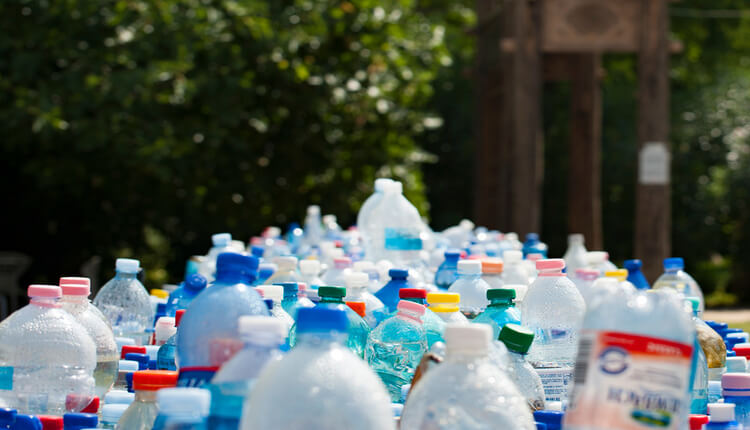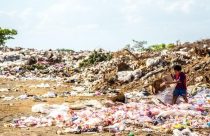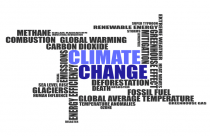Save Earth: Recycle and Upgrade Plastic!

Plastic is ubiquitous these days. It has integrated into our lives to such an extent that life without plastic is unimaginable. Even though it is versatile, it does have severe repercussions on our environment. All plastic ever manufactured, is made up of repeating monomers to form a polymer. When the plastic loses its usability, it is thrown into the waste, of which most goes into landfills or is incinerated. To address this issue of plastic waste, a team of researchers from the U.S. Department of Energy’s (DOE) Lawrence Berkeley National Laboratory (Berkeley Lab) has devised a plastic that can be disassembled even up to molecular level and then reassembled into a different shape, texture, and color repeatedly without loss of performance or quality. The new material is recyclable and is called poly(diketoenamine), or PDK. The study published in journal Nature Chemistry aims to produce recyclable plastic which can be upgraded to the obtain plastic with desired traits. This study revolutionizes the plastic industry and can be instrumental in preventing the hazards caused by plastic pollution.
To know more. Click here now!









